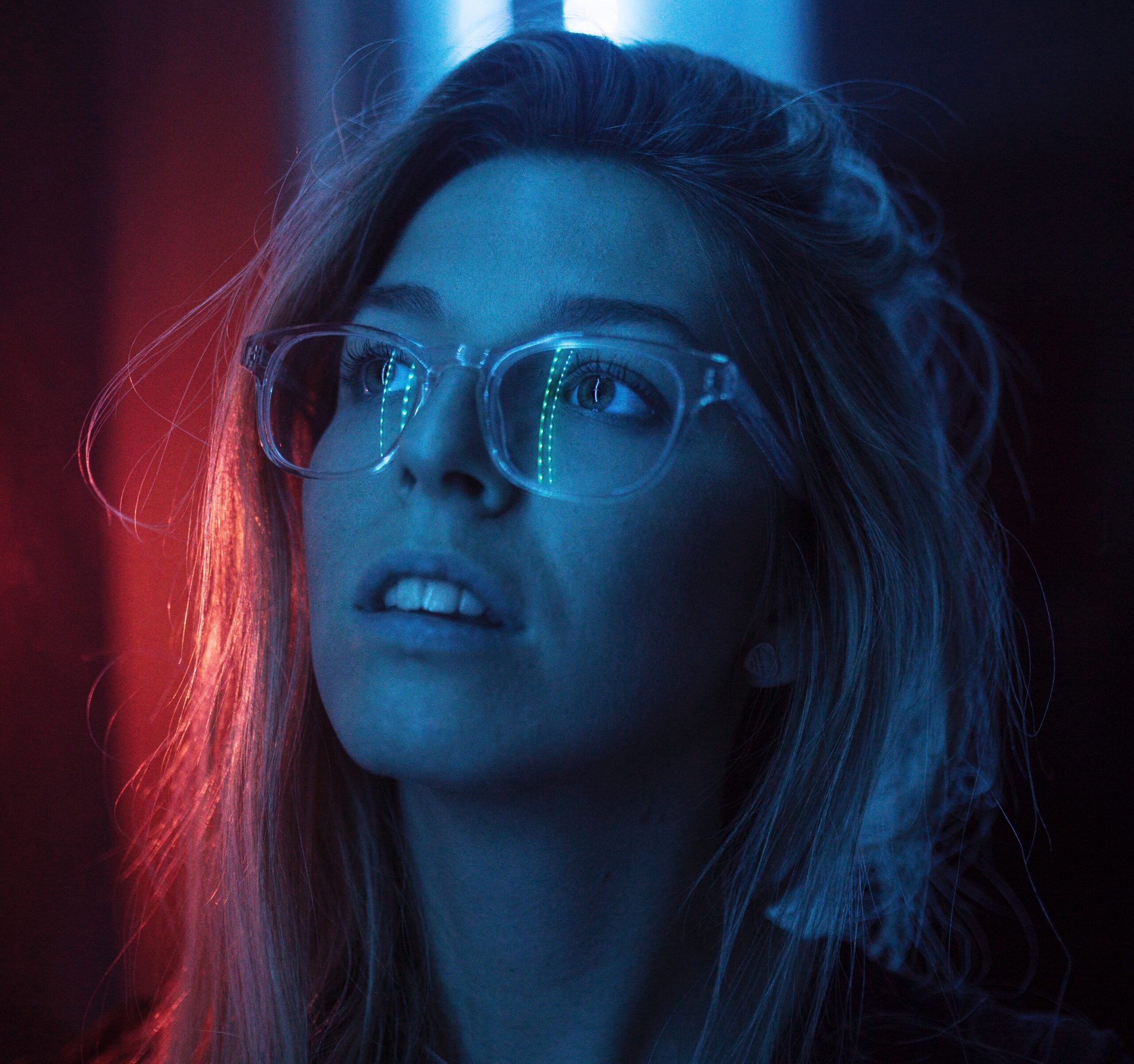Written by Siobhan Kenna
I realised that I’m bisexual around the same time my nesting mate, Richard, told me he is polyamourous-by-orienation. We opened our monogamous relationship and I opened myself to the healing experiences of a new identity and community. Amongst the concurrent anxiety and surge of excitement that come with this, I was confronted almost immediately by what society largely accepts as the sum of my intersectional identities.
- Cis Woman
- Bisexual
- Non-Monogamous
I quickly became a hypersexualised triple-whammy. These three elements, which are already sexualised and fetishised individually, come together to create a storm of assumption which is dangerous and harmful.
One of the perceptions of bisexual and non-monogamists that we have the desire to have sex with anyone, anywhere.
“Bisexuality is a very sexualised identity in popular culture. We’re not anti-sex or anti-porn. This is about people trying to live their lives without the assumption that they’ll fancy absolutely everyone and will send up in threesomes within five minutes of meeting,” Kate Harrad writes in Purple Prose, Bisexuality in Britain.
This undertone is almost identical in my experience of publicly talking about my non-monogamous relationship. I’ve often had people ask me if I’ve had group sex, if I now go to sex parties regularly or how many new sexual partners I’ve had since we opened up. Swinging, sex events and group sex are all valid parts of the non-monogamous experience, however, the fact that people’s minds go there immediately is illuminating.
One of the perceptions of bisexual and non-monogamists that we have the desire to have sex with anyone, anywhere.
Recently I had an Opinion piece published in a prominent UK newspaper and the online comments from the general public only reinforced the hypersexualisation of non-monogamy. People degraded the Polyam experience as “shagging around” and another commented with an Alan Partridge Gif saying, “These are sex people,” despite the article being about the deep and emotional connections non-monogamous people seek and experience.
These assumptions exist within a culture where it’s already perfectly acceptable to ask a woman personal questions about her sex life. “When are you going to start trying for a baby?” So combine this with assumptions about non-monogamy and bisexuality and bingo,bongo; my sexual desires and experiences are something to be examined and then ridiculed, or often, delegitimised.
I’d heard the myth about bisexuality being a stepping-stone to homosexuality, and I’m often asked how I knew I was Bi when I’d never slept with a woman. But what I didn’t anticipate was how fielding these club-level questions would prepare me for the Olympic sport that is trying to explain, and sometimes defend, the legitimacy of non-monogamy.
I’d heard the myth about bisexuality being a stepping-stone to homosexuality, and I’m often asked how I knew I was Bi when I’d never slept with a woman.
Meg-John Barker in their book Rewriting the Rules says that the social structures we all exist within dictate that if we stray outside the monogamous model of relationships that “we’re doing something wrong” and that there is the assumption that “pairing up monogamously is natural and normal.” Barker also says that none of the mainstream sex manuals they studied while writing their book even mentioned the possibility of being non-monogamous.
There are swaths of research and anecdotal evidence to confirm that being Polyam can be out of a person’s control in a similar way to other sexualities and orientations.
Polyamory can be a choice, which it is for me, but it can also be a fixed orientation, like it is for my partner, Rich. Dr Elisabeth Sheff wrote in 2016 that, “People who experience polyamory as a sexual orientation often describe themselves as being ‘wired that way’ and report that they could not choose to be different even if they tried.”
There are swaths of research and anecdotal evidence to confirm that being Polyam can be out of a person’s control in a similar way to other sexualities and orientations. There is no stronger argument for the legitimacy of non-monogamous identities and practices, but we are a long way from this idea piercing mainstream thought.
I’m not always asked questions directly or stripped down in comments on social media. Sometimes the fetishisation can happen in the way someone looks at you, the glint of intrigue in someone’s eye, the subtle shift in their body language that puts you on the defensive. Sometimes you can defend your experiences, but I often find myself appeasing others to ensure my safety. It’s not ideal and it sure-as-hell doesn’t feel good, but it’s necessary.
When I can and when it’s safe, I’ll continue to write about Queer and Poly issues and talk about them on The Poly (Pod)Cast, the show I co-host with Richard. Change is slow, but by adding my voice to the mix, I hope we’ll be able to reduce the sexualistion of women, bisexual people and non-monogamous folk and emphasise the humanity.
About the Author
Siobhan Kenna (she/her) is a journalist and co-host of The Poly (Pod)Cast originally from Sydney, Australia and now based in London, UK.
Follow on IG: @poly_podcast

